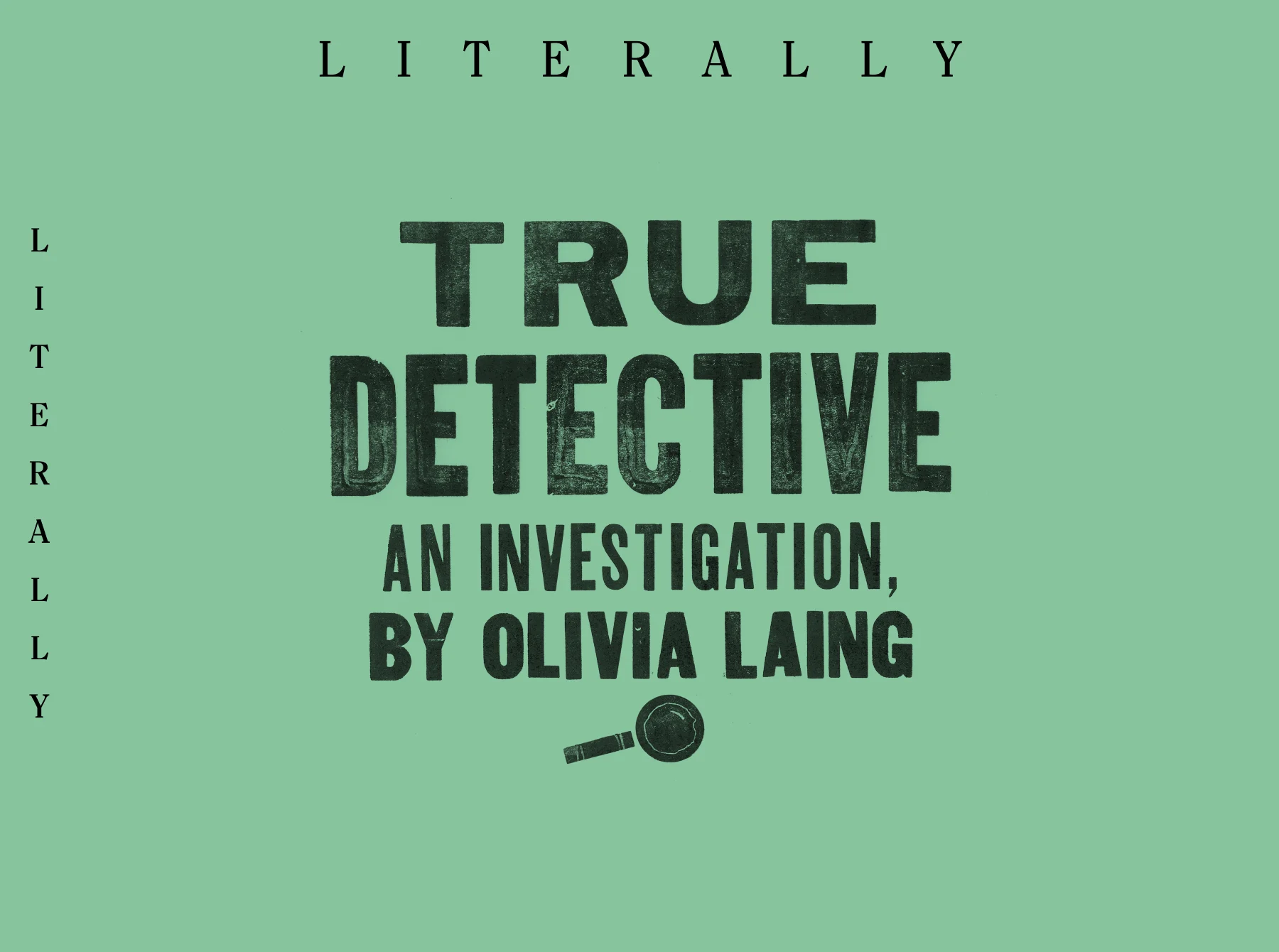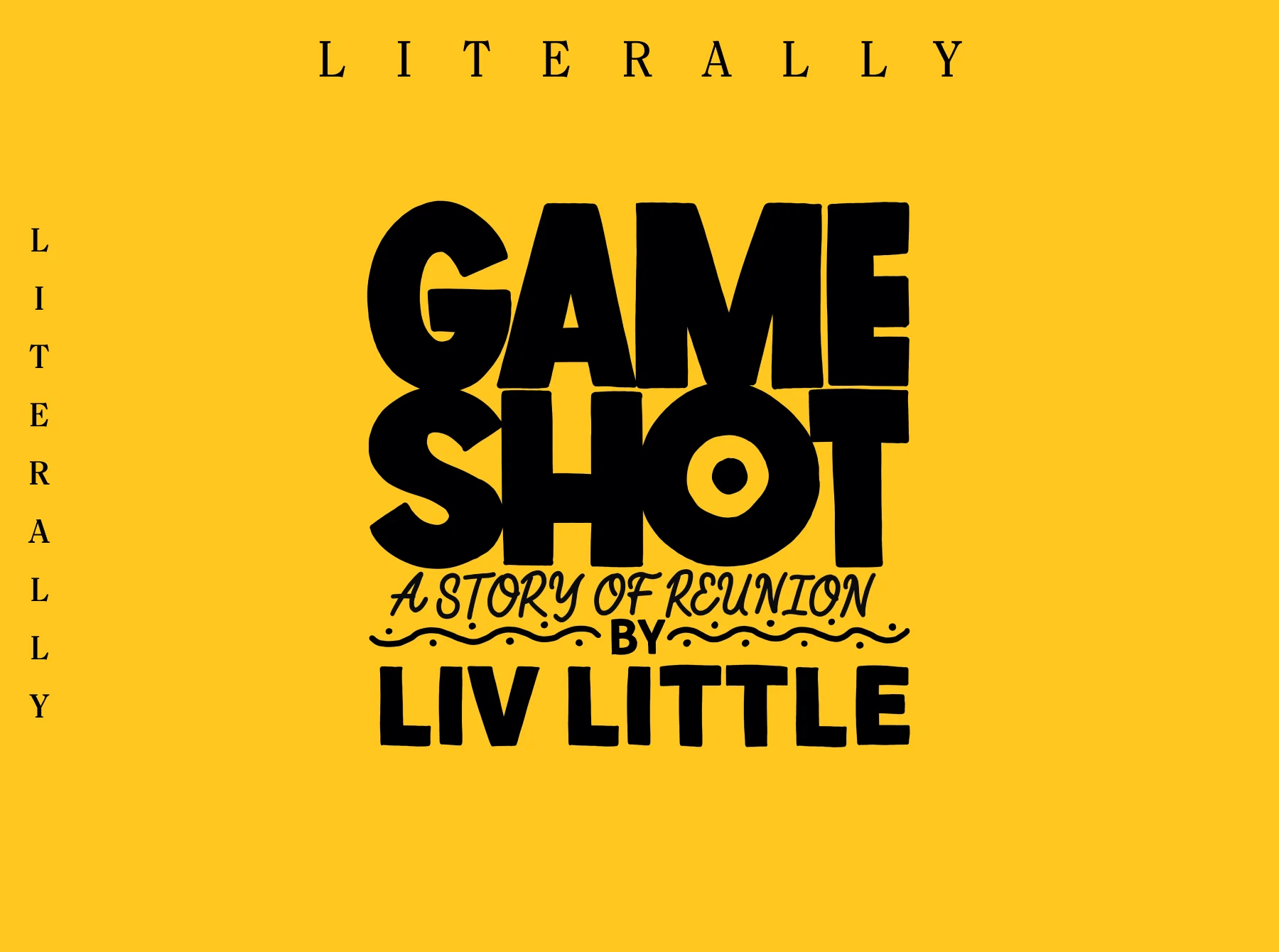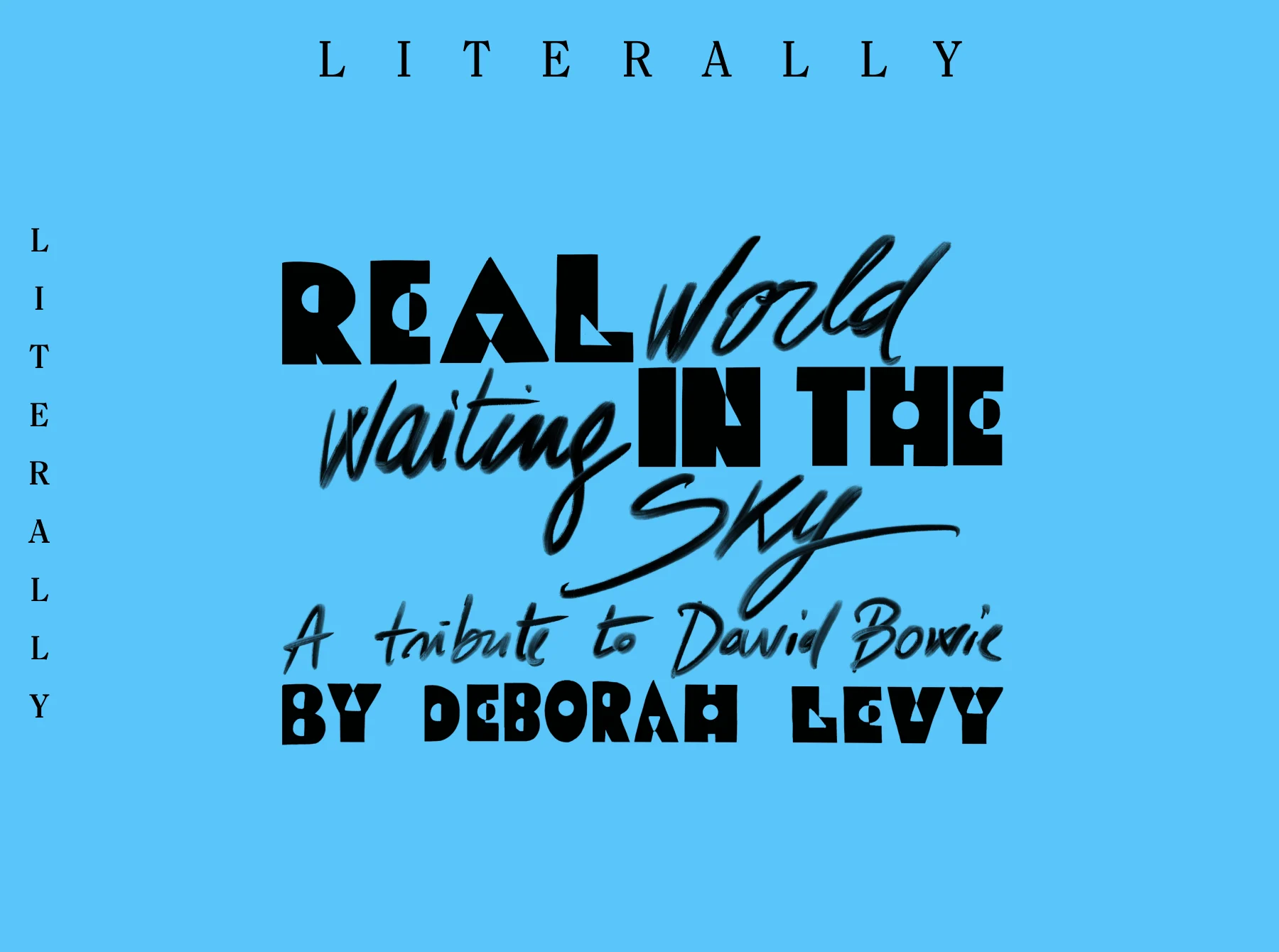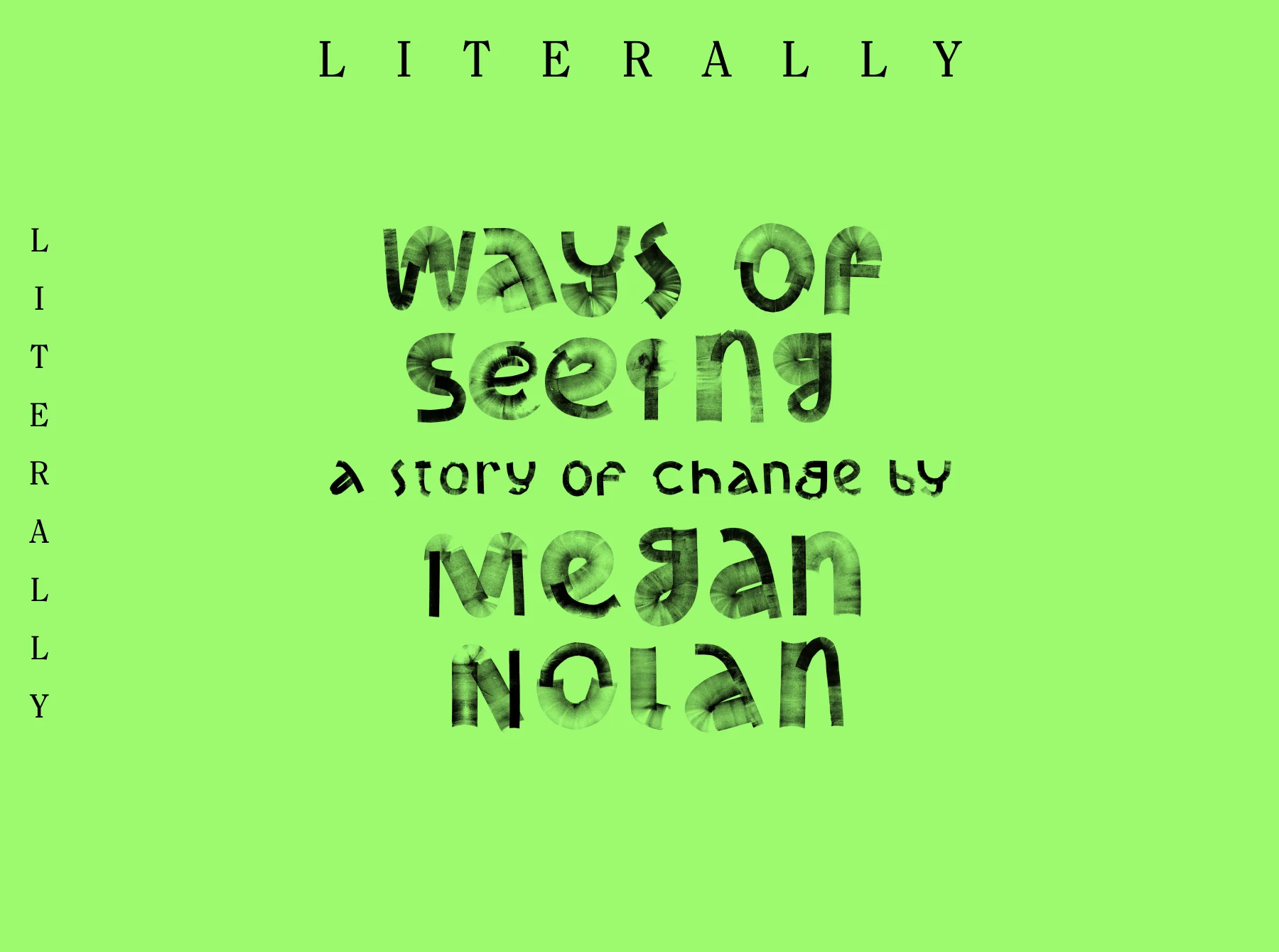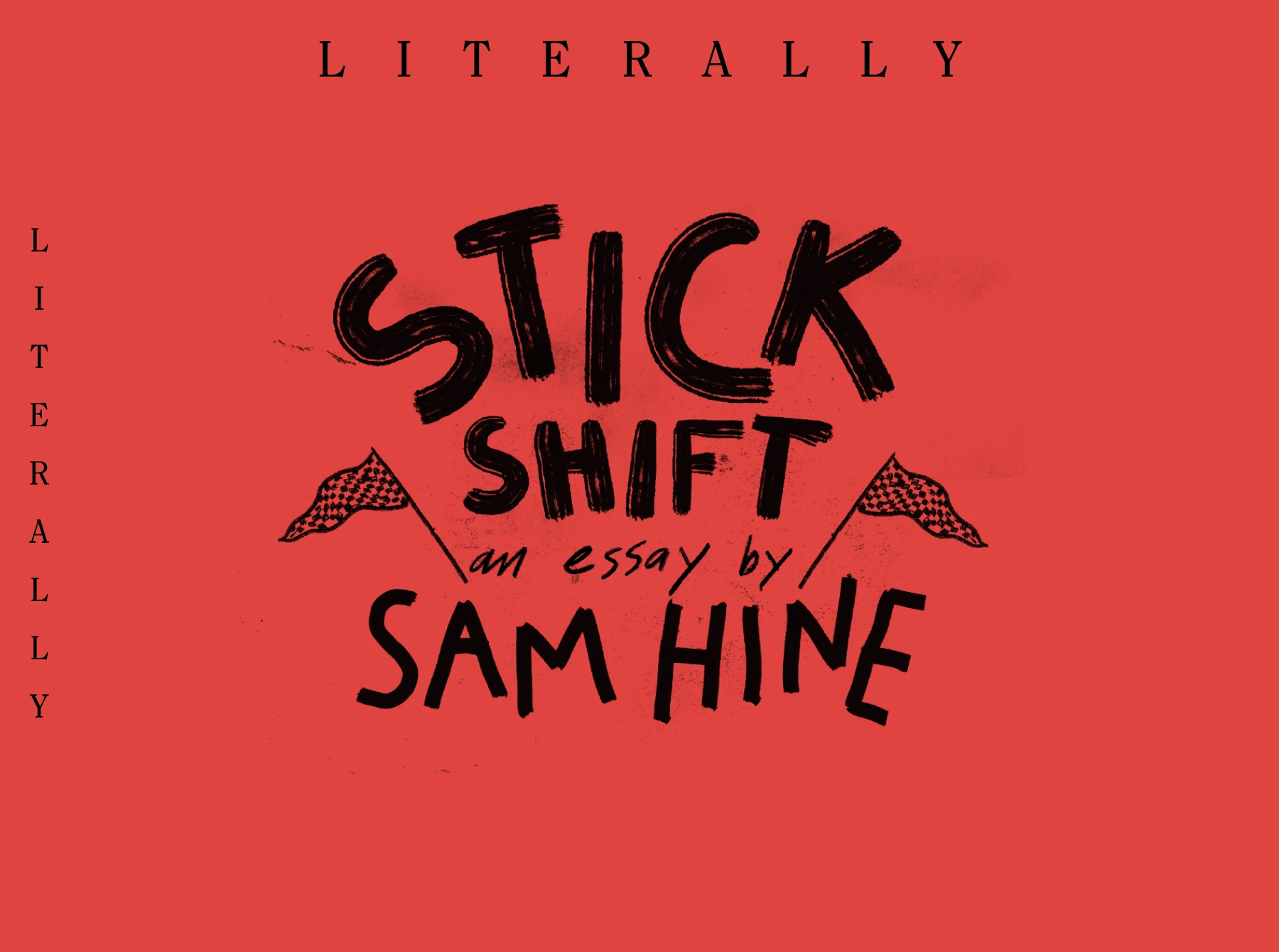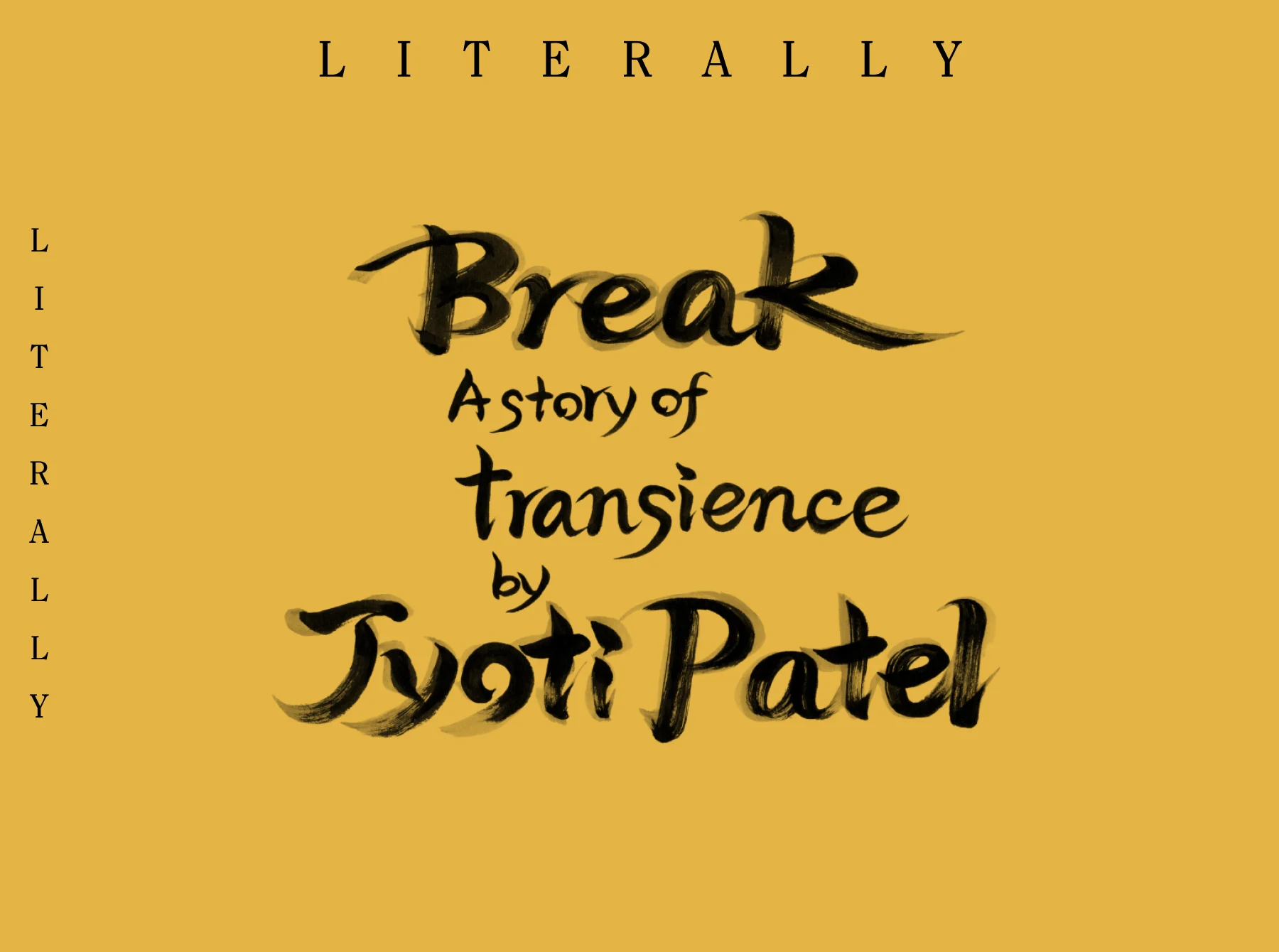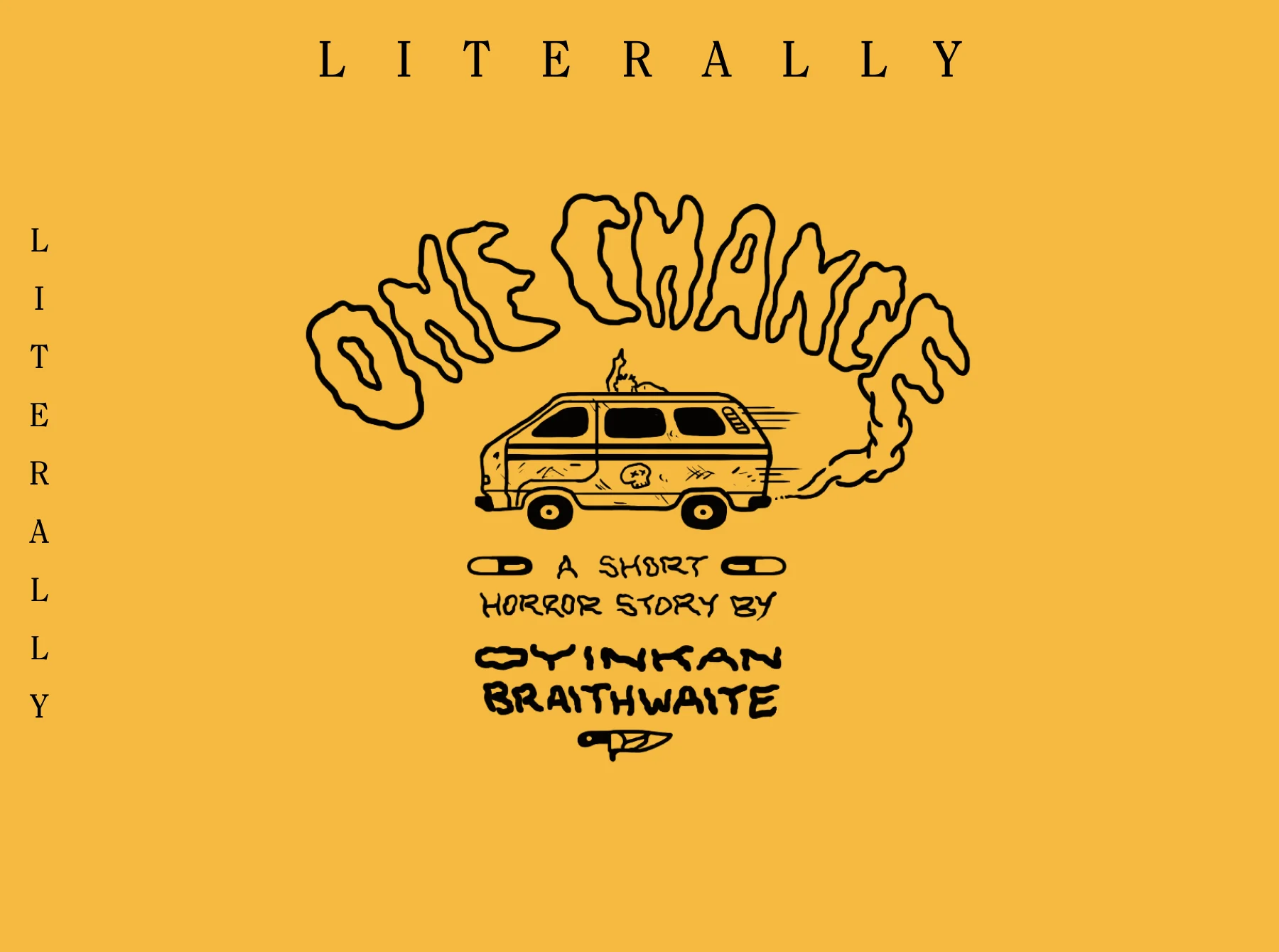

“Go on, get up there!” my father would say. I can still feel his hands on my back. When I was five, when I was nine. When I was 59. “Go!”
“But there’s a line.”
“I don’t give a damn. If you want something you have to push to the front.”

When I arrived at the front, essentially at gunpoint, I’d hang my head and mumble to whoever was tearing the tickets or handing out the free samples, “I was told to come here.”
Because it’s not my way, never has been. I hate pushy people, and so of course I find myself surrounded by them. More than once, they were my employers – no surprise. If anyone’s going to be bossy I suppose it’s a boss. The worst of them was an Italian woman in New York, a reported hazelnut heiress who hired me as her assistant. During my first week she needed to mail a book to someone, and asked that I accompany her to the post office where she put the package in my hands and ordered me to cut to the front.
“But I can’t,” I told her. “There’s a line.” It was long too – 15, 20 people, all of them shifting impatiently from foot to foot.
My boss rolled her eyes, snatched back the book, and charged to one of the windows. A customer was already there, but nudged over to make room the way you’d pull closer to the curb if you were on a bike and a loaded dump truck roared up from behind you.
“Hey,” one person after another yelled. “You can’t do that!”
“I’m in a great hurry,” my boss called over her shoulder. Her beauty in such moments magnified her haughtiness, and made her all the harder to bear. “There’s a taxi waiting for me on the street.”
On this particular occasion it was true. But so what? Wasn’t everyone in a hurry?
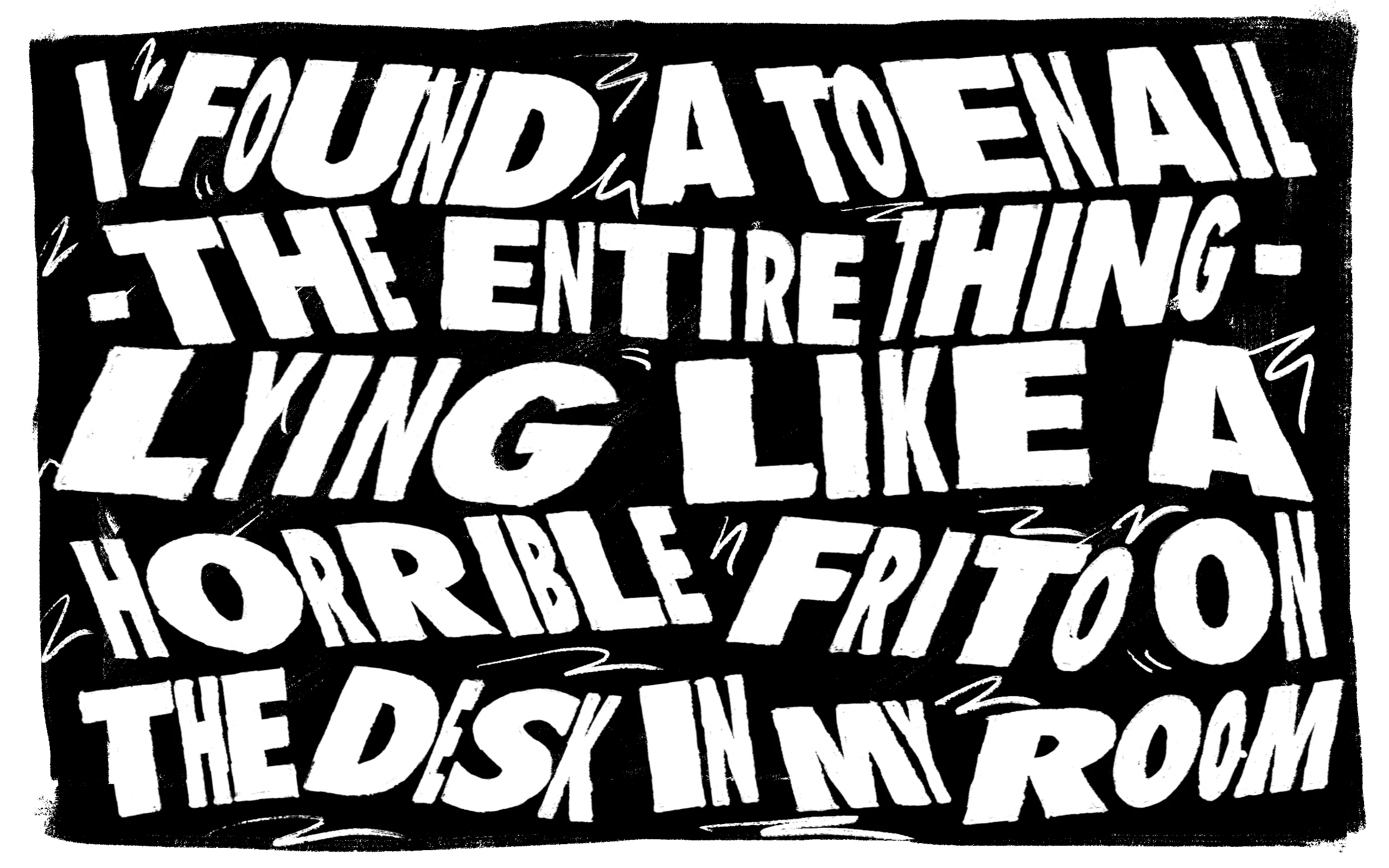
The hatred people felt toward her in that instant was palpable. It was as if someone had closed the windows and set a stack of tires on fire. What awed me was that my boss didn’t care. This was a way of life for her, had been since birth. She needed to go first because, well, her time was more valuable than ours. She needed it in order to bully and short change people; the cab driver, for instance. When he dropped us off at her townhouse and announced that she owed him 20 dollars, she said, “I’ll give you 15.”
My father did the same on his last trip to New York. The meter read 12 dollars and he said, “You’re getting eight, and not a penny more.”
Question: If the fare is 12 dollars and you give the driver eight dollars and 25 cents does that quarter really count as a tip?
I see pushy people on planes, boarding before their group is called. “What does it matter?” they say as they plow ahead. “We’re all going to the same place.”
Actually no, because you’re going to hell, I always think.
I see them demanding to be upgraded. “My tray table won’t go down properly, and I know there’s an empty seat in first class. You owe it to me.”
I watched a man try this once. The flight attendant listened patiently. Then she turned to a woman across the aisle and asked, “Does your tray table work, dear?”
When the passenger nodded yes, the flight attendant smiled and cocked her head. “Wonderful. Would you mind terribly if I moved you to first class so this poor man can take your seat?”
Yes, I thought. That’s the way to do it.
I see pushy people in restaurants, flagging down the manager and demanding free drinks. They’re entitled because their table is too close to the kitchen, because the server hadn’t allowed them to substitute the three pound lobster for the house salad, because the baby salmon throat they’d read about in the Times review is no longer on the menu. These are the sorts who write scorching Yelp reviews if they don’t get their way. That’s an outlet tailor-made for bullies, and I read their comments the same way I watch Youtube videos of shoppers in super stores having fistfights. “Kick her in the head, Donna!” What trash, I think, transfixed and hating myself for it.
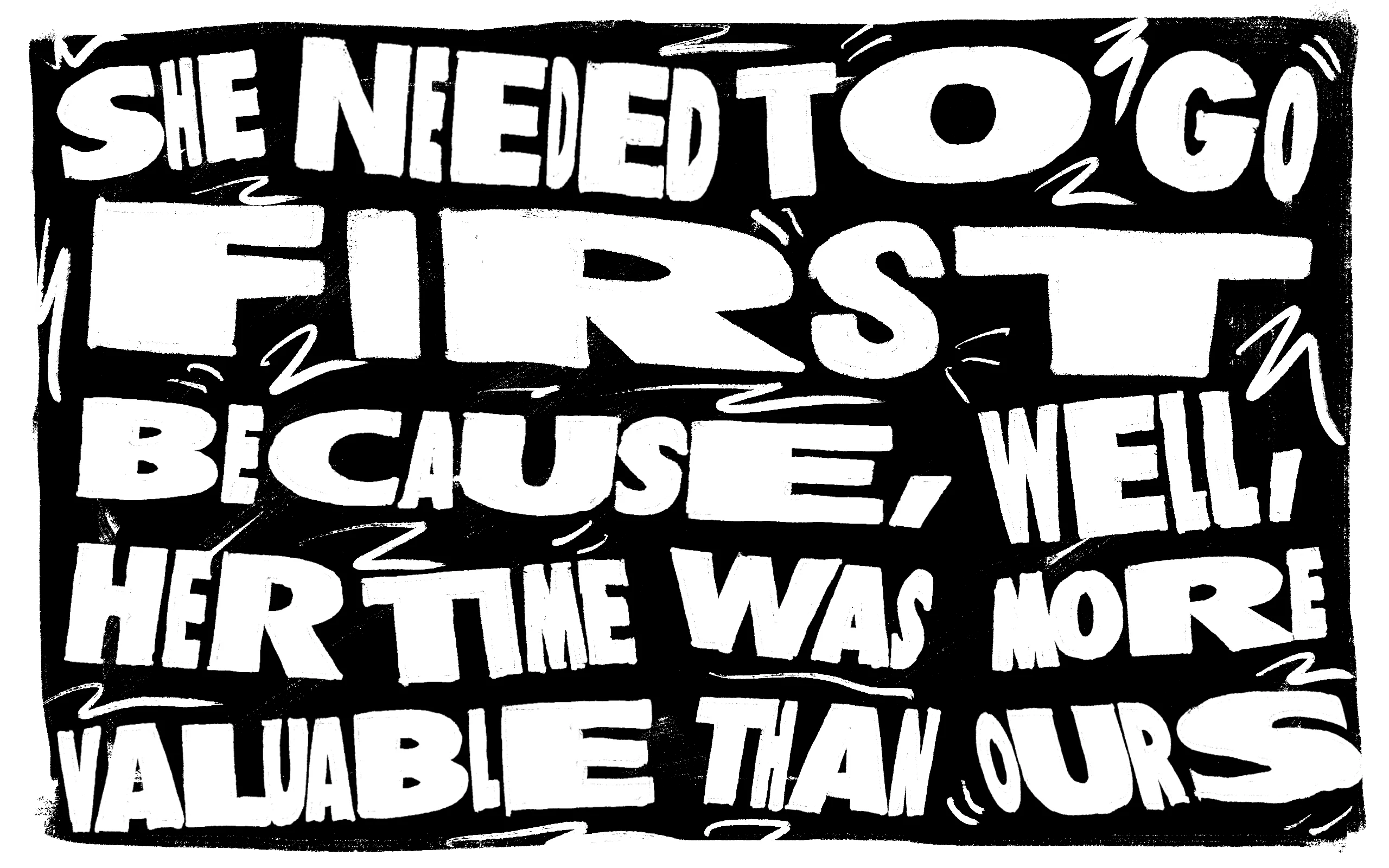
While I’ve definitely been unhappy over the years (lousy restaurant service, or a hotel where I found a toenail – the entire thing – lying like a horrible Frito on the desk in my room), I would never leave a nasty Yelp review. I’m more of a letter writer, and for every negative one that’s fired off, I try to send two that are positive. This is on account of my age, and not wanting to be seen as what I’ve clearly become: a cranky old man.
I get a lot of mail from pushy people. They send their essays and manuscripts in care of my publisher, who forwards them to my house. Often it’s the first thing they’ve ever written. “I’m hoping you can get this into the right hands,” they say.
Why would anyone think that the first thing they’ve written deserves to be published? Or even the fiftieth thing? I’d have never sent my writing to someone who hadn’t specifically asked for it. You could argue it’s the reason I was 36 before my first book came out, but I don’t believe that being aggressive would have sped things up. I was taught that if I wrote every day for at least 15 years, someone would call and ask if I had a manuscript they could publish. And that’s exactly what happened. I never asked anyone for anything, rather I waited for them to ask me. People like helping those who are just starting out, but you need to let it be their idea. Everyone enjoys feeling kind and insightful. No one likes feeling manipulated, or having what they normally take pleasure in doing turned into a chore.

While I always wanted to write books, my real wish was to sit at a table and sign them. I always knew just how I’d do it. My ideas were honed during the many events I attended as a young man in New York and Chicago, from the authors who didn’t look up or even say hello when my turn finally came. I clearly recall how foolish I felt on those occasions, how cheated. I genuinely love to interact with readers, to ask questions and shoot for a real connection.
That’s why I so hate it when the other person is pushy. Often they’ve demanded to be brought to the front of the line – they have an emergency at home, a waiting baby-sitter, a long drive on bald tires. It’s always something.
“Well, OK,” I say, knowing what’s coming next.
“Where’s my picture?” this type of person will inevitably want to know after I’ve wrapped up our conversation and finished my inscription. “I heard you draw in people’s books, so why haven’t you done it in mine?”
“Because I gave you the rubber stamp of a man shitting on the ground,” I’ll say. “That doesn’t go with a picture. It’s one or the other.”
“Well I want both. Then I want you to write, ‘Keep Laughing.’” “But I already wrote, ‘Go back to Whore Island.’”
“Well, I don’t want that. I want, ‘Keep Laughing,’ and use my special pen. It’s purple.”
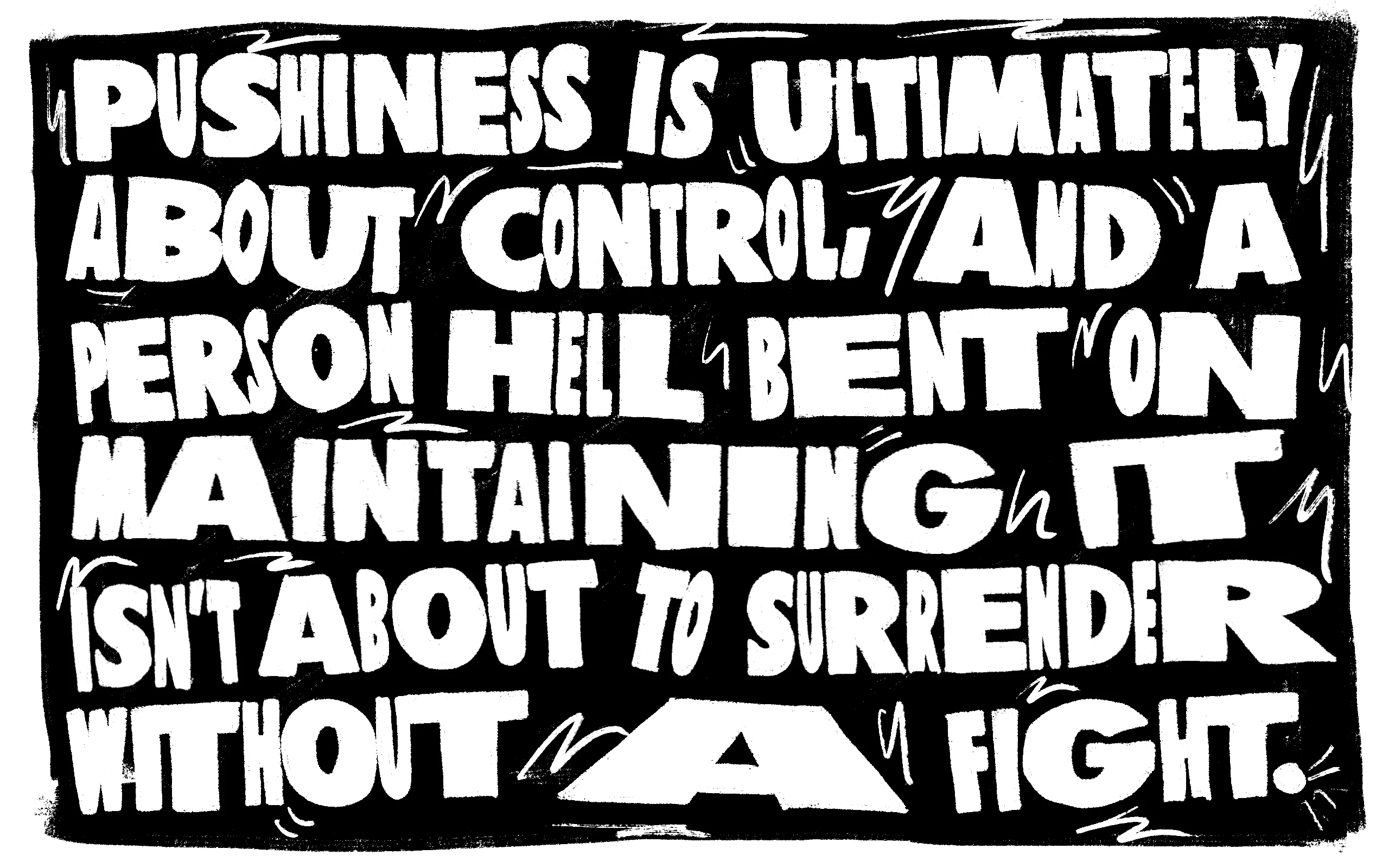
“You can put that in the book yourself if it’s so important to you, but it’s nothing I would ever write, especially in purple,” I try to explain, knowing that I’m wasting my breath. Pushiness is ultimately about control, and a person hell bent on maintaining it isn’t about to surrender without a fight. “This little encounter could be so pleasant,” I always want to say. “Don’t you know that you’re ruining it?” I think of my dad, and of my former boss, of all the lovely encounters they cheated themselves out of. “How come the cashier smiled at you and not me?”
“Um, because I’m not an asshole?”
I’m always exhausted when a pushy person leaves, but I never let it ruin my evening – I refuse to. Most often I’ll use the encounter as a conversation starter for whoever’s next. “Did you hear that woman? Wasn’t she horrible? She’s who? Your mother? Oh, no, I meant the woman in front of her.”
I’m never totally safe until the end of the line. It’s there that I find the meek and accepting. A five hour wait? they’re likely to think. Well that’s OK. My last insulin shot will hopefully last me until dawn. These are my people, and because they’d never demand anything of me, I’d do anything for them, possibly even in purple.

David Sedaris is the author of Calypso, Theft by Finding, Let’s Explore Diabetes with Owls, Squirrel Seeks Chipmunk, When You Are Engulfed in Flames, Dress Your Family in Corduroy and Denim, Me Talk Pretty one Day, Holidays on Ice, Naked and Barrel Fever. His latest book is The Best of Me. He lives in England, and is a member of the American Academy of Arts and Letters. He is a regular contributor to the New Yorker, the BBC and CBS Sunday Morning.
If you liked this piece, David recommends you check out Kingdom, a deep and terrifying Korean zombie show on Netflix. He also suggests you read Evicted, a non-fiction book by Matthew Desmond about how wretched it is to be poor in America, and listen to Dear Philip, Dear Kingsley: the audio version of the letters exchanged by Kingsley Amis and Philip Larkin, read by Alan Bennett and Robert Hardy.
Literally is WePresent’s slowly expanding library of written commissions by some of the best writers in the world. The hand-drawn typography on this page was created by Kris Andrew Small.


